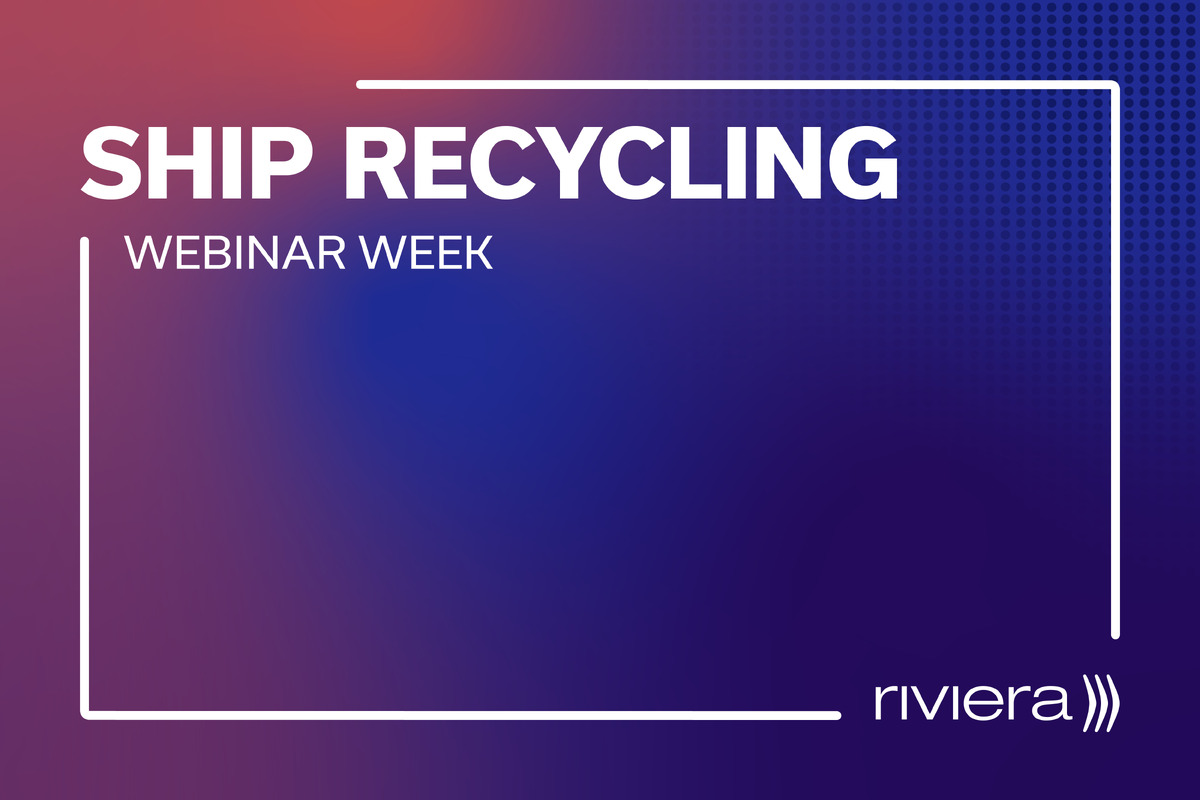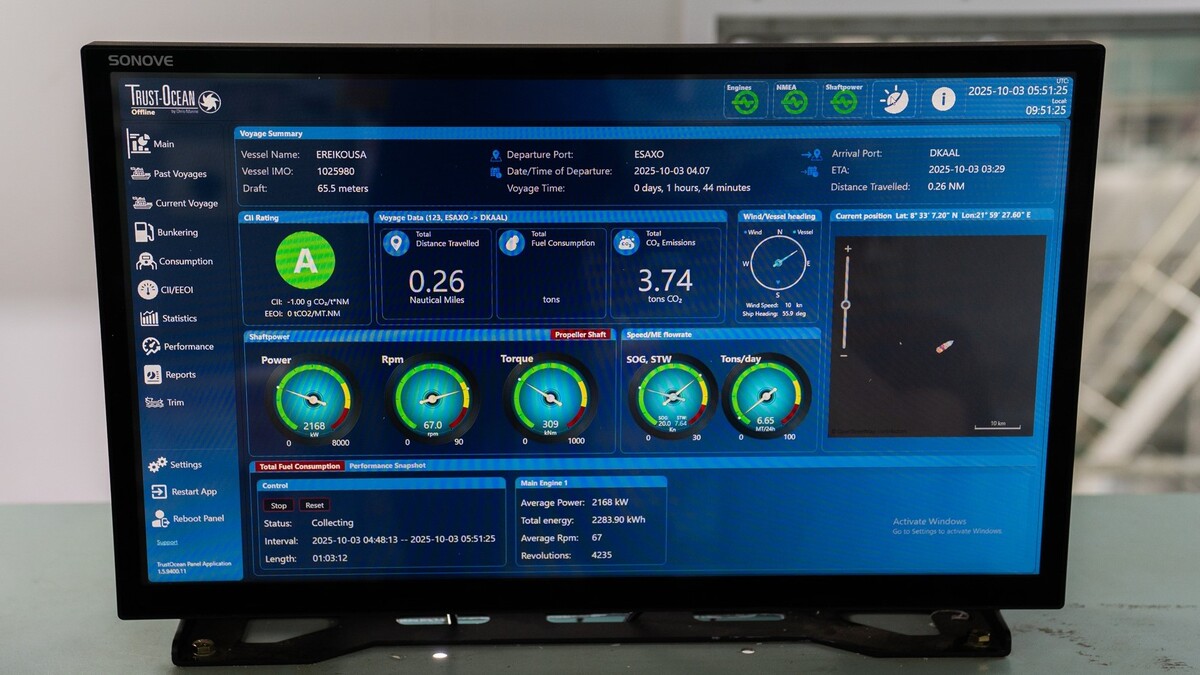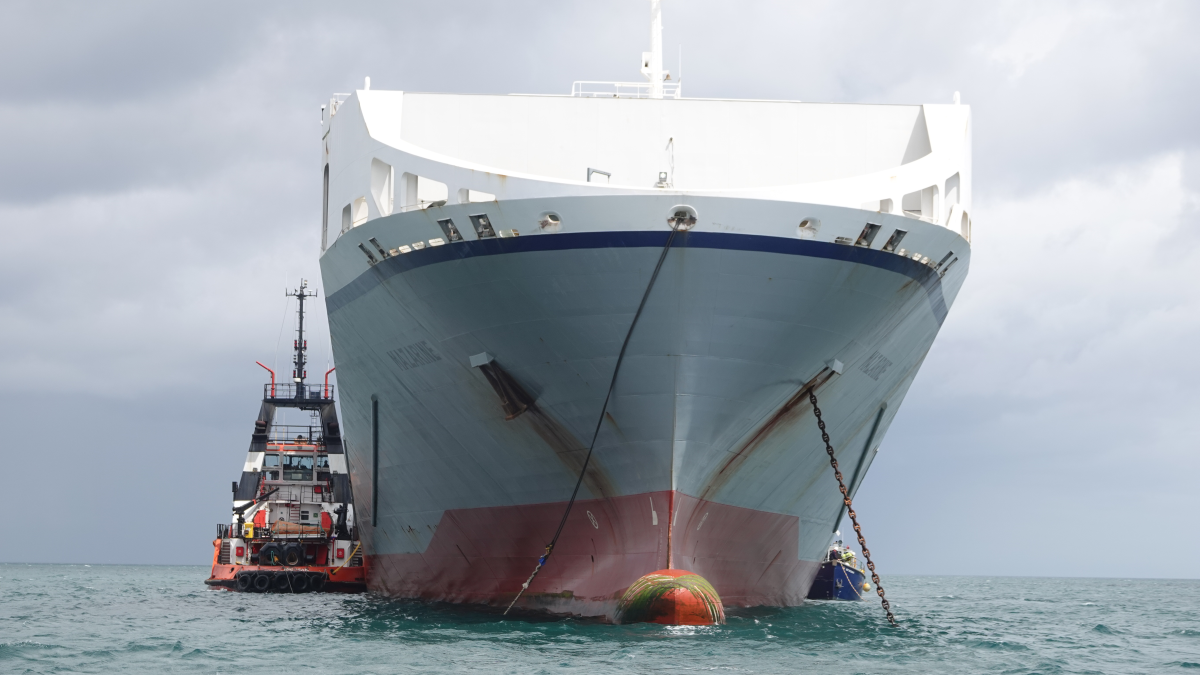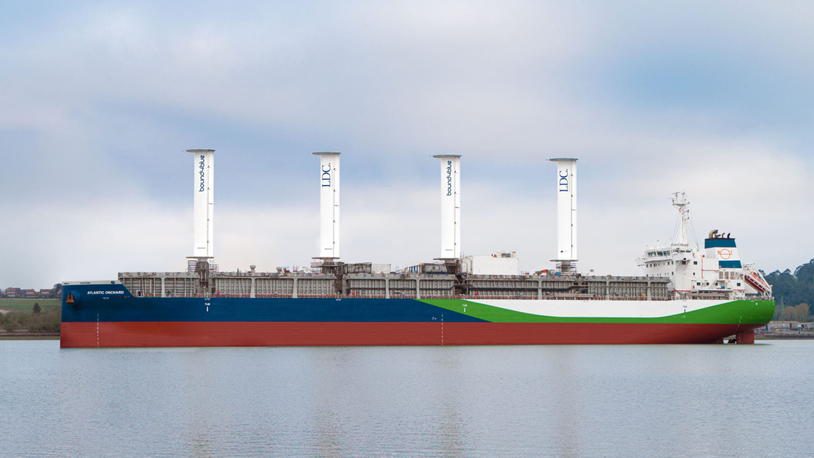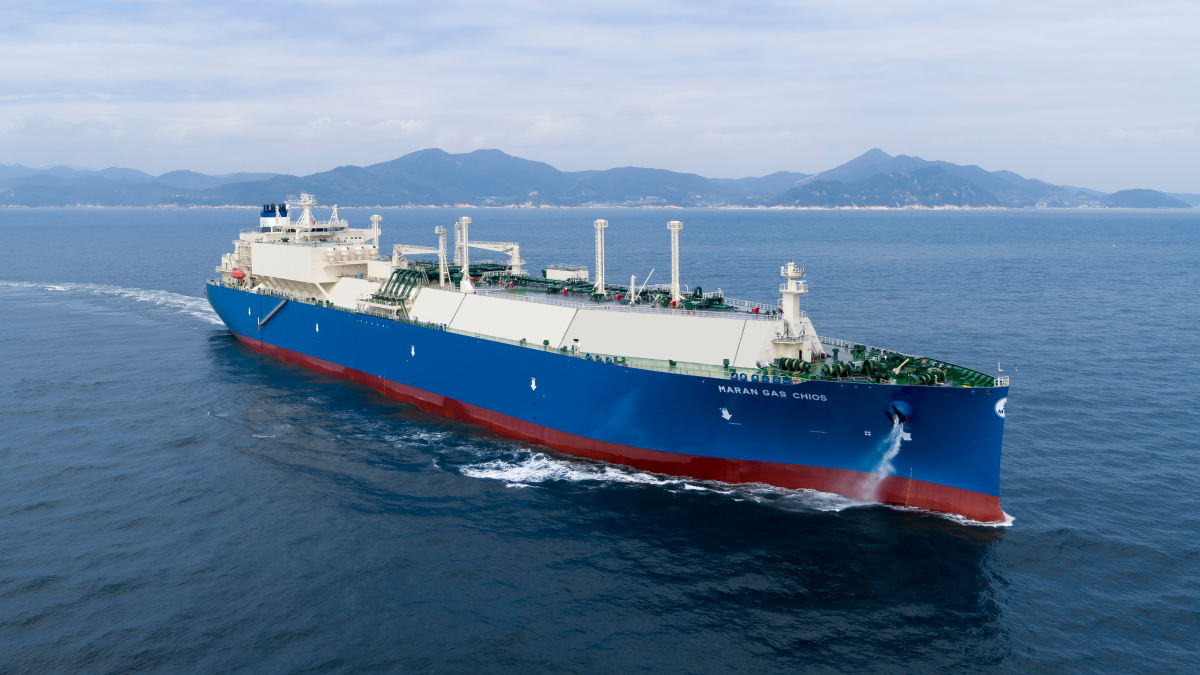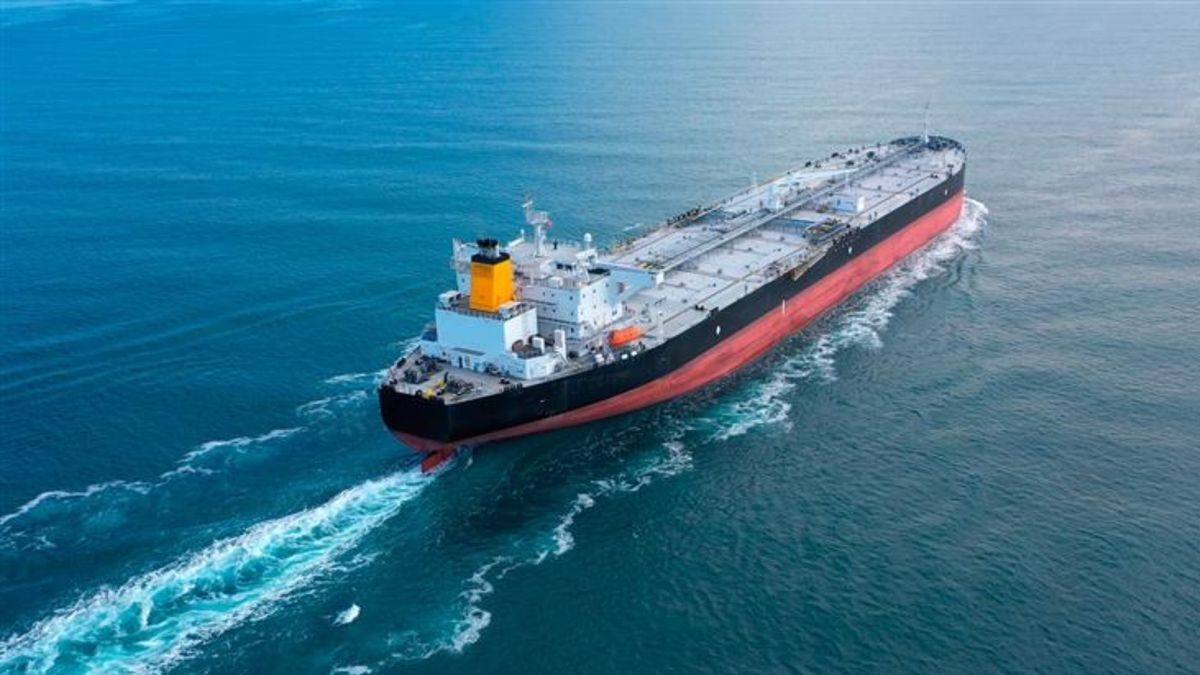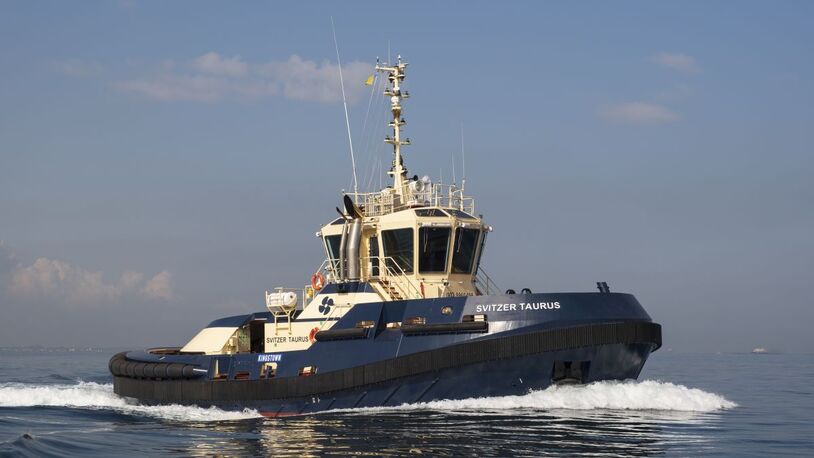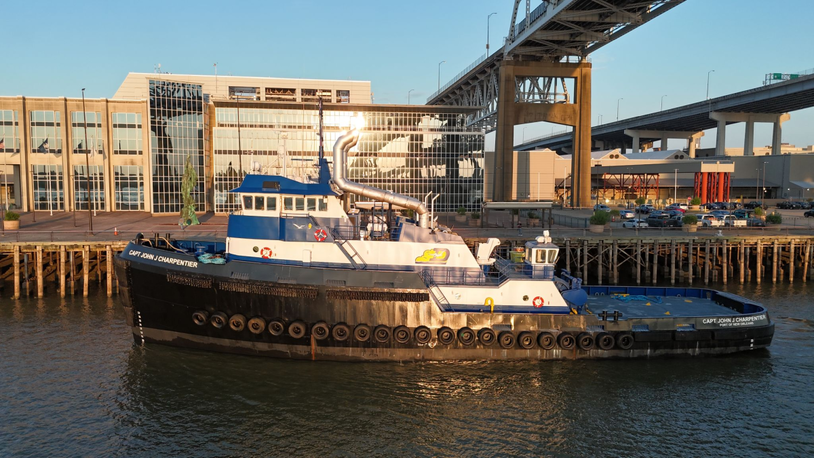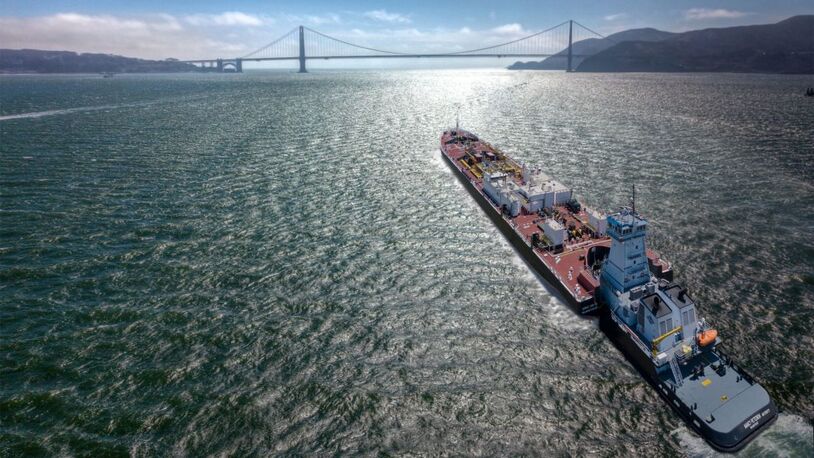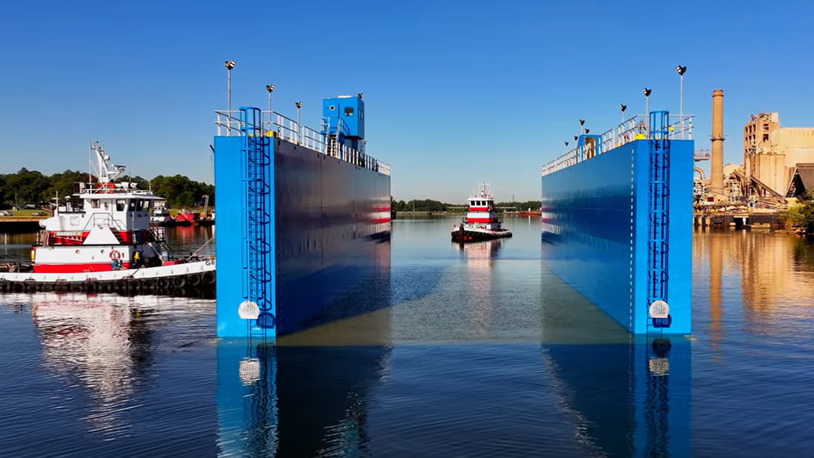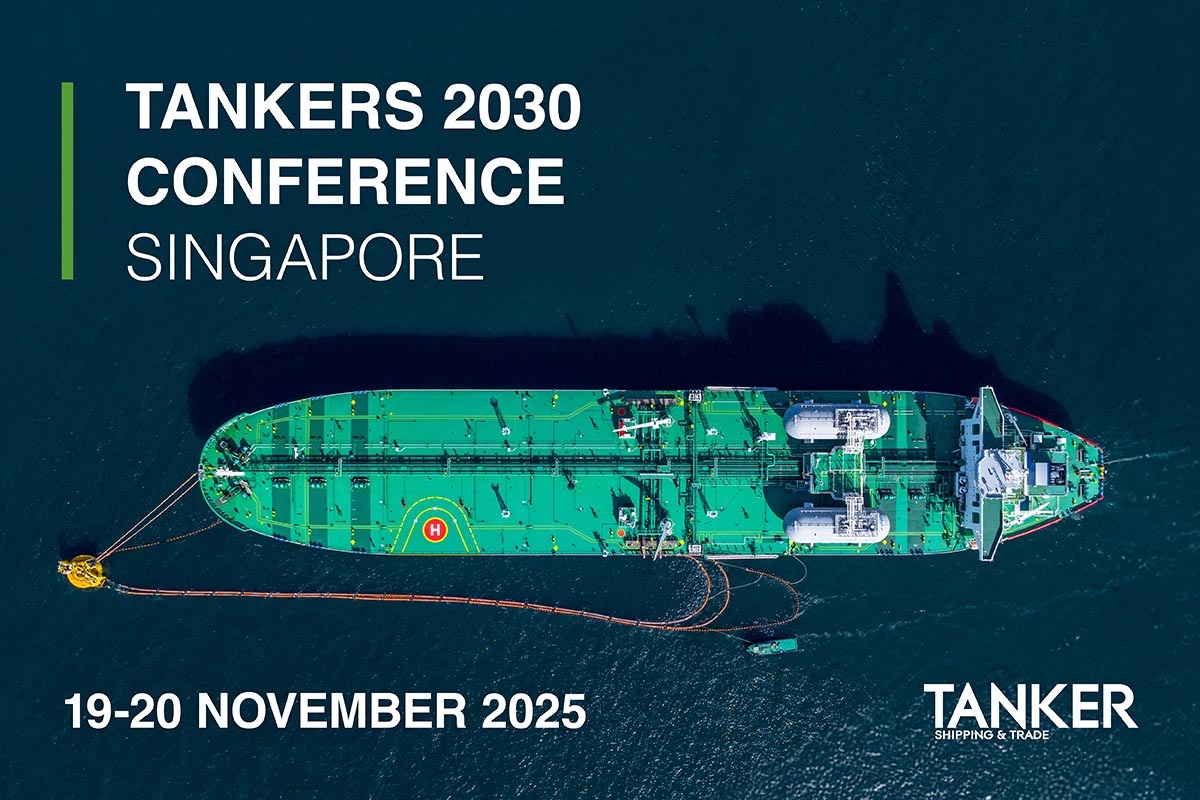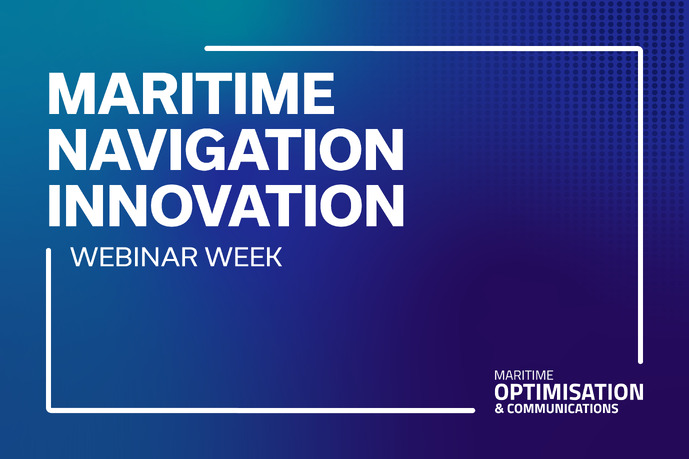Business Sectors
Events
Ship Recycling Webinar Week
Contents
Register to read more articles.
Pilot-tug co-operation vital to prevent ship accidents
Maritime pilots are the first responders in any situation on ships around ports and can quickly engage tugs to prevent a ship drifting and grounding
When ships encounter technical problems within ports or on harbour approaches, maritime pilots are often the first people to respond.
Their swift intervention can prevent a situation becoming an accident and salvage case, minimising the risk to seafarer’s lives, vessels, port infrastructure, marine environments and cargo.
Harbour tugs can then assist distressed ships to prevent them from grounding or colliding with other vessels or harbour facilities, and to tow them back to a quayside where faults can be rectified.
Pilotage and towage services in ship emergencies were highlighted during a seminar in London, on 16 September. UK Maritime Pilots Association treasurer Alan Stroud highlighted the importance of quick reactions by pilots on ships to reduce risks if there is a technical issue such as a power, steering or propulsion failure or a problem with a ship’s ballasting system.
“Pilots are the first responders. It is critical to take control of a vessel, as an early intervention to prevent an issue becoming a major salvage case,” said Capt Stroud.
In an emergency, the “pilot is the crisis manager on the front line” and can “take action to mitigate issues and risks.”
Having harbour tugs in attendance or on standby means the team can rapidly control a distressed ship which “minimises escalation of an incident and any resulting losses, business interruption or potential pollution,” said Capt Stroud.
When a situation begins, a pilot also communicates with a harbour master, vessel traffic system and surrounding vessels through VHF and satellite communications and calls for tug support.
“Having tugs in attendance is important. We can stabilise the vessel and keep it out of trouble by using tugs.”
A harbour master can also deploy tugs to help a pilot control a distressed vessel.
Port of Tyne chief business officer Ashley Nicholson confirmed the importance of deploying tugs in an emergency to help a pilot control a ship if there is an incident on board.
“Pilots are the biggest control measure to mitigate the risk in harbours,” she said. “Pilots are safety partners for harbours. They are our eyes and ears on board and first responders in emergencies.”
She said pilots are like “conductors of an orchestra” when there is an emergency and can manage tugs during these incidents.
“It is critical that pilots and the harbour master act quickly in emergencies,” said Ms Nicholson.
The UK Secretary of State’s representative for maritime salvage and intervention (SOSREP), Stephan Hennig, described the importance of various parties co-ordinating to regain control of a ship when an incident happens.
“It is a co-operative effort to fix issues and incidents in what is a dynamic environment and regain a measure of control in an emergency situation,” he said. There is a “need to get control quickly as no-one can work with chaos.”
Distressed ships can quickly block ports, ground on rocks or mud banks, list, capsize and sink or collide with other ships, terminals and jetties if they are not controlled, leading to a salvage.
“It is best to not have an incident, but if that happens, we need to find the least bad outcome,” said Mr Hennig. “We cannot get ahead of the situation as we will be reacting and responding to resolve the scenario. At sea, nothing gets better, so a quick response means less damage and losses.”
The 28th International Tug & Salvage Convention, Exhibition & Awards will be held in Gothenburg, Sweden, in association with Caterpillar, 19-21 May 2026. Use this link for more details of this industry event and the associated social and networking opportunities.
Related to this Story
Events
Ship Recycling Webinar Week
International Bulk Shipping Conference 2025
Tankers 2030 Conference
Maritime Navigation Innovation Webinar Week
© 2024 Riviera Maritime Media Ltd.
